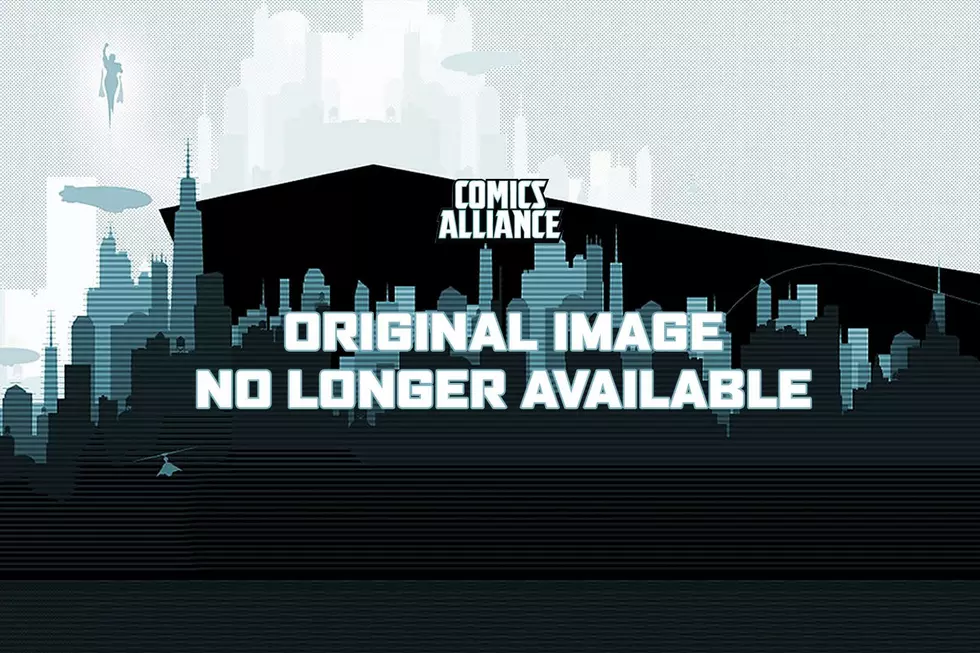
Super: Inhumans and the Sinister Gentrification of Otherness
The Inhumans used to be one of the more fascinating minor oddities of the Marvel Universe; ultimately only about as important as the Atlanteans or Monster Island, but just as pleasingly weird. With Medusa's magnificent hair, Gorgon's thunderhooves, and Black Bolt's mute power in a world of chatty heroes, they were deservedly called 'uncanny' back when the X-Men were still a preppy study group.
But the Inhumans have become the "fetch" of the Marvel Universe; the more Marvel tries to make them happen, the more certain it seems that they never will. What makes the Inhumans' rise especially hard to accept is that it seems directly tied to the fall of the mutants. Today's X-Men are comics' most significant icons of otherness, and treating them as interchangeable with another set of outsiders is dehumanizing on a whole new level.






